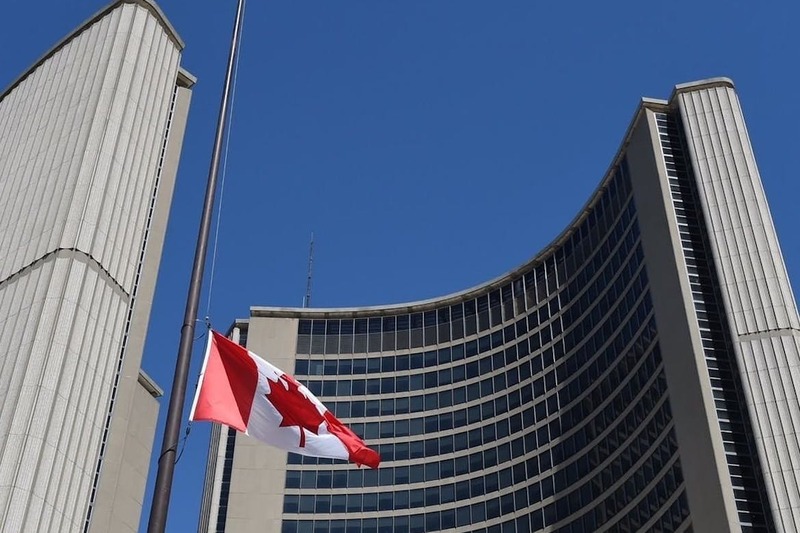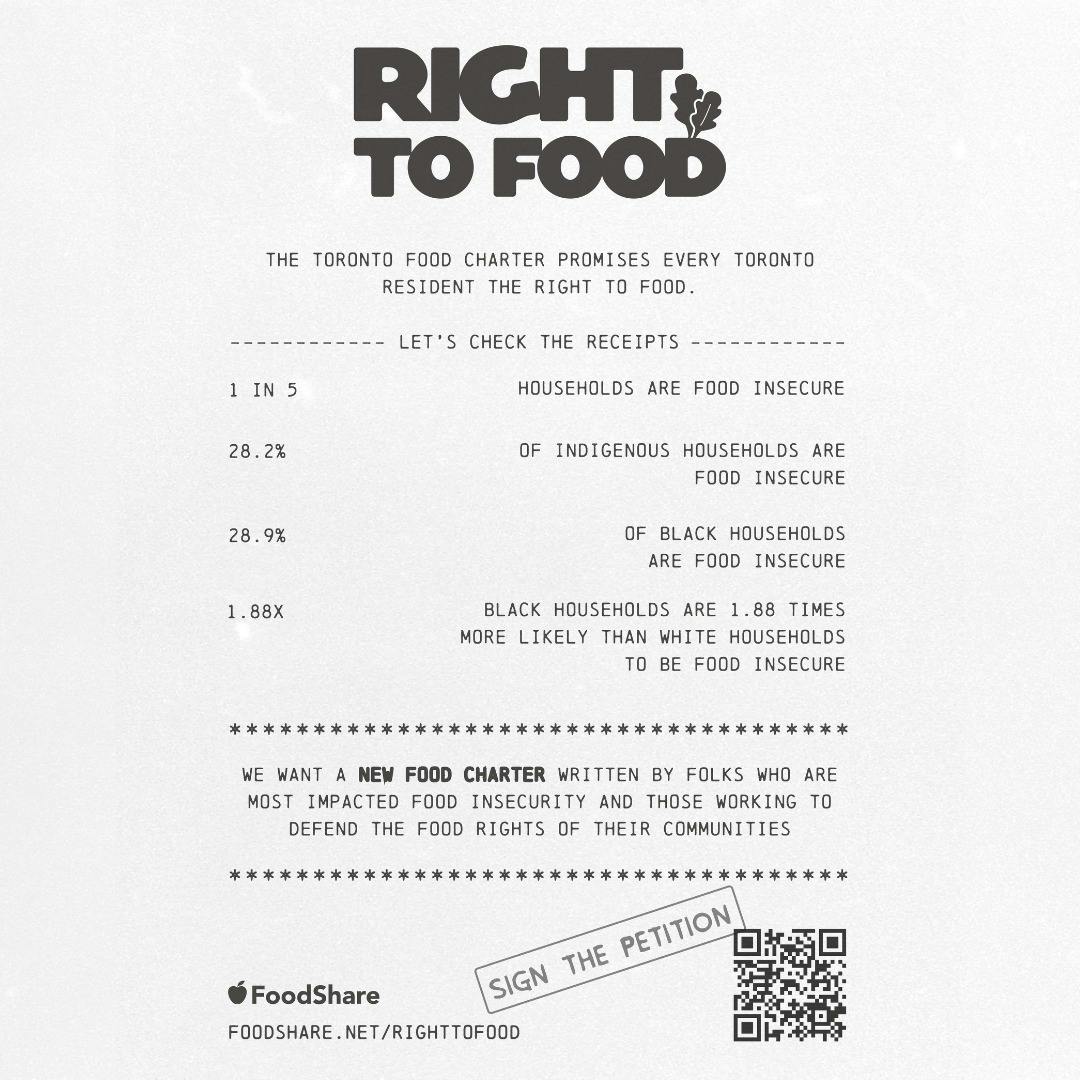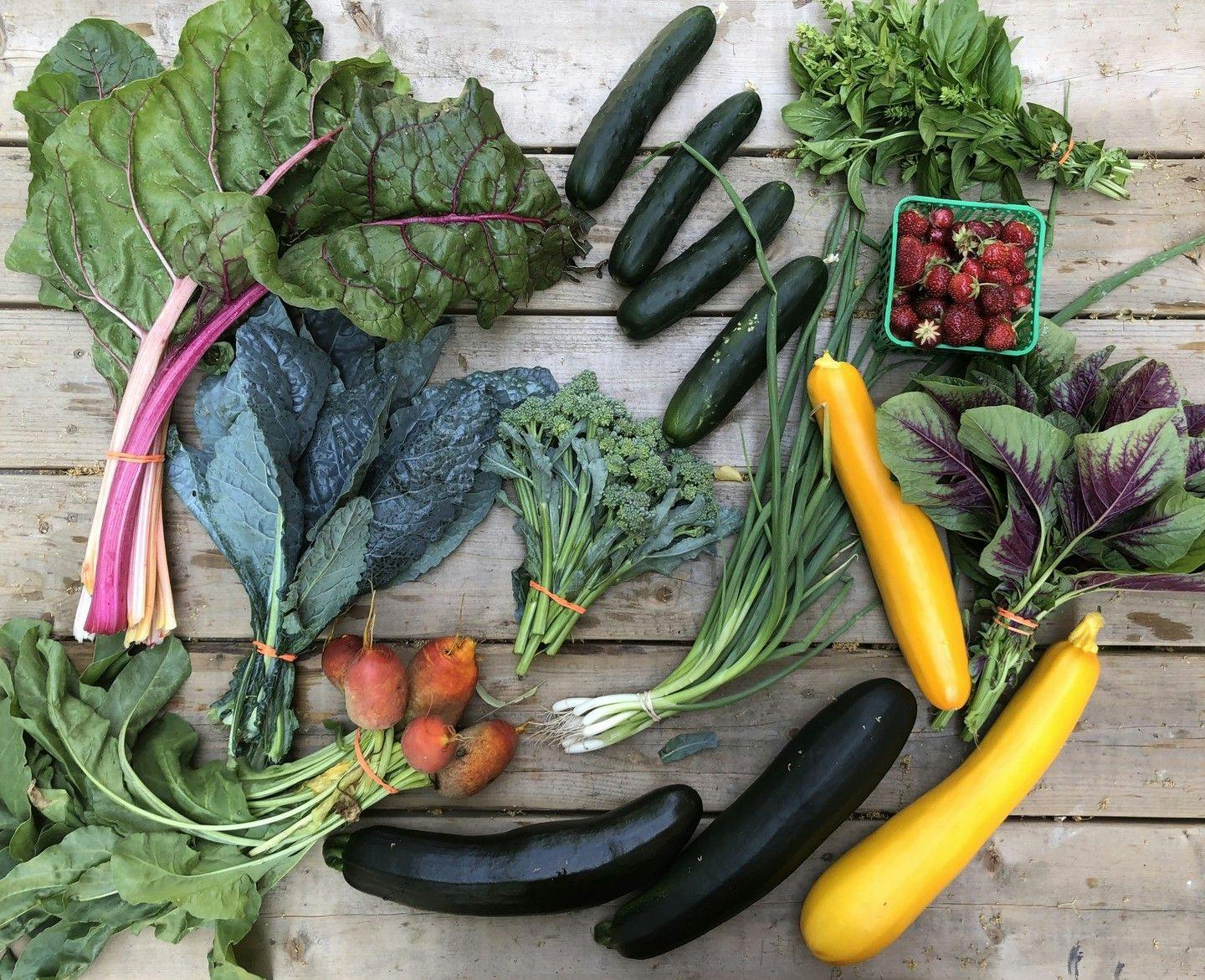
Toronto City Council adopted a motion to update the city’s Food Charter in its most recent council meeting on April 7.
The motion, first put forward by Councillor Joe Cressy to the Economic and Community Development Committee on March 24, would have the city work with residents and communities disproportionately impacted by food insecurity, poverty and other inequities in the city’s food system to create a new Toronto Food Charter.
One in 5 Toronto households are food insecure, with that figure climbing to 1 in 3 Black and Indigenous households in the city, according to the city’s website. The motion also cites a 600 per cent increase in calls to 211 for food related services during the pandemic, as well as the highest record month of demand for food bank assistance.

The move to update the Food Charter was adopted with three amendments, and the new charter will become a part of the Toronto Poverty Reduction Strategy 2023-2026 Term Action Plan, which is currently in development to address issues of poverty, inequity and injustice within the city.
“This will be an important step forward in addressing food insecurity and planning for a stronger, healthier, more equitable city,” Councillor Cressy wrote on Twitter on Thursday.
Previously, Cressy had said the Economic and Community Development Committee was following the leadership of FoodShare Toronto, a food justice advocacy organization, among others. FoodShare lead a Right to Food campaign, with a main goal to petition city council to develop a new Toronto Food Charter.
“The motion passing is a win and a step towards our #RightToFood in Toronto - but the work isn’t done yet,” - FoodShare wrote on Twitter. “It is now time for us to mobilise our communities to shape a new Food Charter that will address access to food and other inequities in our food system.”

Councillor Cressy mentioned FoodShare in his letter to the Economic and Community Development Committee as one organization that identified the need for a new food charter, as Toronto’s original food charter is now over 20 years old.
“A lot has changed in our City since the original charter was approved in 2001,” the letter reads. “It is time for Toronto’s Food Charter to reflect the Toronto of 2022, for all of us.”










